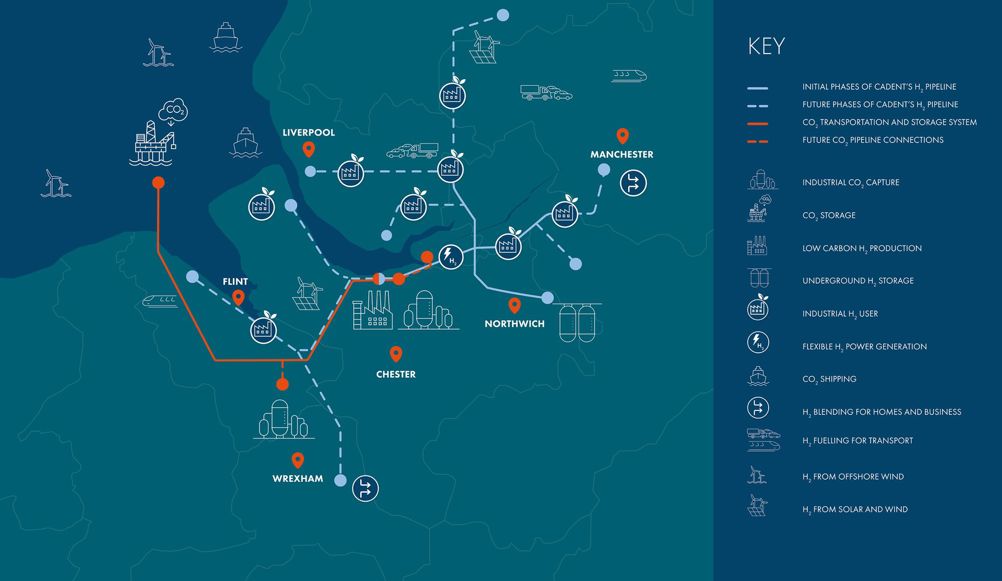Set to be deployed at Heidelberg Materials’ Padeswood Cement Works in North Wales, the plant will be designed by Mitsubishi Heavy Industries (MHI) in partnership with engineering services company, Worley. According to the partners, the facility could be operational by 2028, capturing large volumes of flue gas produced during the cement manufacturing process and storing it in a depleted gas field off Liverpool Bay.
Related content
"The cement industry is ‘hard to abate’, because CO2 emissions cannot be avoided in the production process,” said Kenji Terasawa, CEO and head of Engineering Solutions at MHI.
“Heidelberg Materials UK has committed to reaching net zero carbon by 2050 and will be deploying our proprietary carbon capture technology, the Advanced KM CDR Process, to tackle this challenge - leading the way in the UK's cement industry. We are proud to contribute to the effort on this commitment through the Padeswood CCS project.”
MHI and Worley have worked together on several carbon capture projects and previously completed a pre-FEED project for Padeswood. The FEED stage should support Heidelberg Materials attain UK government approval, secure a final investment decision and enable the EPC (Engineering, Procurement, Construction) stage to commence in the first quarter of 2025.
“This is a decisive next step in our plans to install carbon capture technology at our Padeswood cement works,” said Simon Willis, CEO, Heidelberg Materials UK.
“Once operational, it will provide net zero building materials for major projects across the country, enabling us to help decarbonise the construction industry and meet our ambition to become a net zero business."

Padeswood CCS is part of the HyNet CCUS cluster in the North West of the UK, which is targeting the capture and storage of up to 800,000 tons of CO2 per year. There are also plans for the cluster to utilise the captured CO2 to produce low carbon hydrogen, further aiding decarbonisation of the region’s heavy industry.











McMurtry Spéirling defies gravity using fan downforce
What a fun demonstration. I wonder if they were brave enough to be in the car when it was first turned over. Racing fan cars would be an interesting...